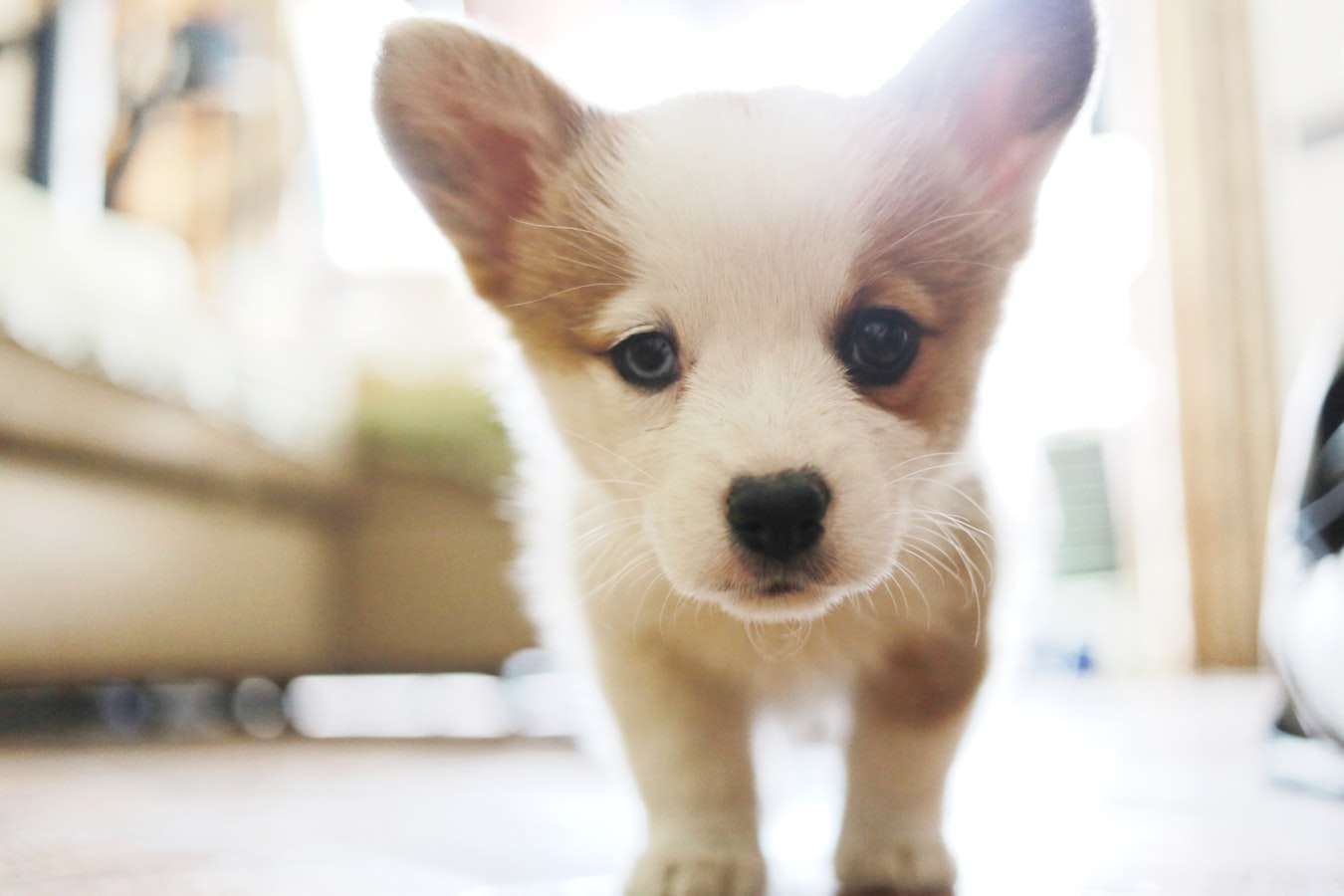Puppy Potty Training Success (Without the Stress)
Friday, March 13, 2020 15:09:00 PM America/Los_Angeles
Your new pup may be your pride and joy but he’s also a work in progress when it comes to potty training. The best time to train a new pup is as soon as he arrives. Successful housebreaking will take patience, time and endurance to accomplish your goal.
Puppy Basics
Young puppies 8 weeks of age (or younger) have no concept of where and when they should go potty. They simply pee and poop wherever they are when the need arises. It’s your job to choose a “dog bathroom” spot in your home and train your pup to go there every single time. You do this by preventing potty mistakes from happening indoors and praising your pup every time he gets it right. Housebreaking your pup won’t be easy, but it's better than the alternative. The sooner you get started, the better!
Methods to House Train Your Pup
There are various methods you can use to house train your pup. You can even combine methods to suit your need, such as crate training. As dogs don’t like to soil their den, crate training can help your pup learn to control his bowel movements and bladder. The crate should be big enough to accommodate him as he sleeps and small enough to make it uncomfortable for him to go the bathroom. When your pup is out of the crate, he’ll be potty training under your supervision. When

you can’t supervise him and at night to sleep, he goes back in the crate to avoid having accidents. Let's talk about paper training. This method involves teaching your pup to go potty on newspapers or on potty pads/pee pads indoors before establishing outdoor potty habits. Potty and pee pads have a distinct aroma that encourages puppies to use them when going potty. This can protect your floor and carpets from getting soiled. For umbilical cord training, you attach your pup’s leash to a belt loop on your jeans so that he goes with you wherever you go. This way you can supervise his every move without having to follow him around the house. This method can be combined with crating or paper training or used on its own. Though all of these methods have merit, Bark Potty training is by far the best method for potty training your dog. It's an all natural pee pad. Just set it down and your dog will take to instinctively because it's made of real bark that they're naturally attracted to. It absorbs the urine and urine odor. Just set it and forget it. It can even replace up to 60 pee pads!
Start at Square One – The Signs
Once you get puppy home, give him time to explore his new surroundings. At the same time, watch out for signs that he may need to go. If your pup starts sniffing around furniture, fidgeting nervously, whining or circling to get into a squat position, take him immediately to the area you’ve designated as the dog bathroom (make sure this area is already lined with papers or doggy pads/pee pads) or outside, so your pup associates this area with going potty. You should also schedule potty runs to give your pup ample opportunity to empty his bladder. Start by taking him potty every 45 minutes to an hour. Set a timer to help you remember. As he makes progress in controlling his bladder, you can extend this time period. You should also take your pup on potty runs...
- When you wake up in the morning and before you go to bed
- After your pup wakes from a nap (every nap)
- Within 30 minutes of your pup eating a meal
- Within 15 minutes of your pup drinking water
- After puppy playtime or visits from friends
To avoid multiple potty runs at night, don’t let your pup eat or drink two hours before his bedtime. Even then, you’ll probably have to take him at least once or twice during the night.
Associations in Potty Training
Over time, your pup will begin to associate going potty with the smells of urine, feces and ammonia. That’s why it’s important to take your pup to the same area every time. If you use a timer, your pup may associate its sound with going toilet. On a potty run, your pup may delay in going or not go at all. That’s okay. You can always try again a little later on. If he does go, reward him with praise right away.
Rewards and “Punishments”
Rewarding your pet with love and praise will reinforce his potty training. Anything from pats on the head to tummy rubbing to verbal praise will make him feel he’s done something right. Puppies thrive on love and affection so don't hold back in rewarding him for a job well done. On the flip side, punishing your pup for having an accident can hinder his training and hurt your relationship. Accidents will happen, no matter how hard you try to prevent them. Puppies simply don’t have control over their bladders like grown up dogs. Part of the potty training process is teaching them that control. So don’t yell, swat or otherwise punish your pup for having an accident. Just clean up the mess and move on. If your pup is having an exceptionally hard time getting trained, see your vet. He may have medical issues that need to be resolved before he can be potty trained effectively.
Photo by Chinese Explained